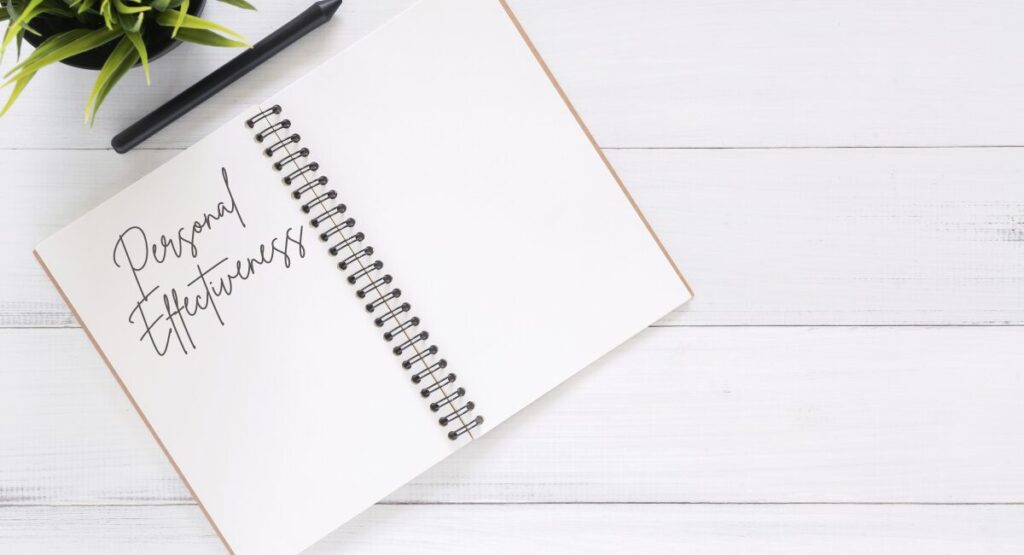With the main Olympics over (and Paralympians in action soon) – and whether you liked or watched the Games – you may know that competitors often have pre-event routines.
Some competitors paint their nails in specific ways. Others knit, or listen to the same piece of music.
This idea ties into work I may do with clients.
I’ll often give them a PEP talk:
Personal Effectiveness Plan!
This plan is built from whatever makes them personally feel anchored, comforted or more certain in what they’re doing.
Remembering that our brains love certainty. [See my post on this topic here.]
It gives them stability, and a clear mental/physical path to follow when under pressure.
Of course, if you’re already confident and in flow when you start to speak, you won’t be needing this.
However, while you might not need it, having your own PEP can lift you up another level again: so it’s still worth considering.
I usually suggest 3 elements to put in your PEP:
Often there’s one mindset strategy and a couple of behavioural ones.
Mix and match until you find the ones you like. And just one is fine too, if that keeps it simple for you.
Common client routines:
- Visualising a specific scene, event or ‘win’.
- Using stretches or exercise to calibrate energy.
- Breathing exercises.
- Lucky items like jewellery or socks!
- Creating a playlist to get in the right headspace.
- A word or phrase that nails how they want to be when speaking.
For speakers, building a consistent pre-talk routine can work wonders. It’s about creating familiarity and reducing nerves.
If this idea appeals, you might like to start building your PEP, something you can replicate every time.
Anything that gets you in the right headspace. And ideally, something you have fun with.
The key is repetition—over time, this routine becomes a signal to your brain that it’s “go time.”
The difference between routines and superstitions
At the end of the day, what works for Olympians can work for us too. And comments from a sports psychologist who travelled to Tokyo with the athletes are interesting:
Australian Institute of Sport (AIS) performance psychologist Jonah Oliver said if athletes find a task that clears the mind and allows them to focus on the right thing at the right time, it can be helpful during competition. [Read the whole ABC News article here.]
“I don’t care if it’s tap dancing, knitting, juggling… It really doesn’t matter what form it is, as long as it’s not derailing or hijacking your ability to execute the task when it matters,” he said.
Mr Oliver travelled with the Australian team to Tokyo and said it was important to stamp out superstitions among athletes, especially when it was believed the pattern of behaviour controlled the performance and the outcome.
“You spend 15 years becoming highly competent and world class and then you put your performance over to a lucky pair of undies; it seems pretty irrational when you talk about it,” he said.
That said, routines or rhythms are encouraged — things like having a system in preparation for each event or race day.
Final Thought: Make These Rituals Yours
So whether you’re stepping onto a stage or into a meeting room – online or in real life – having solid rituals can help you feel more prepared, focused, and confident.
The goal is to find what clicks for you and make it a habit.
Try out these strategies, see what sticks, and tweak them until you have a reliable routine. Your audience will notice the difference—and so will you.
Best wishes with your public speaking or presentations!
Sarah


Leave a Reply